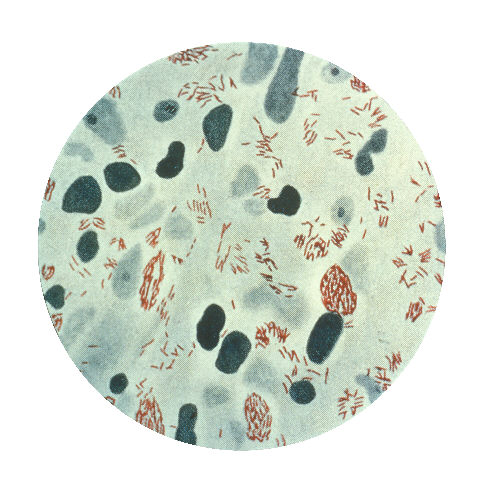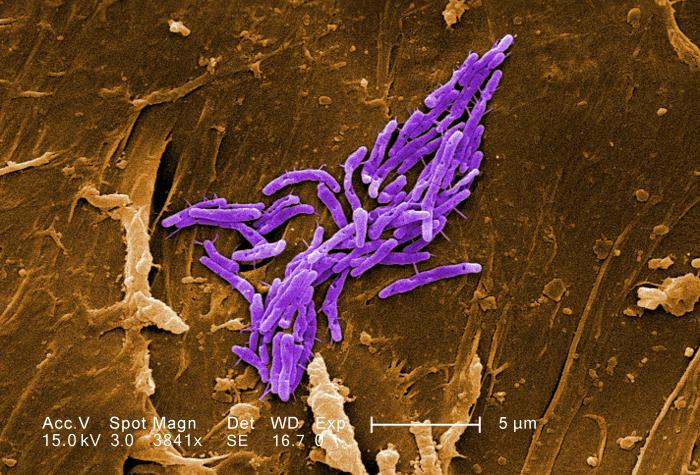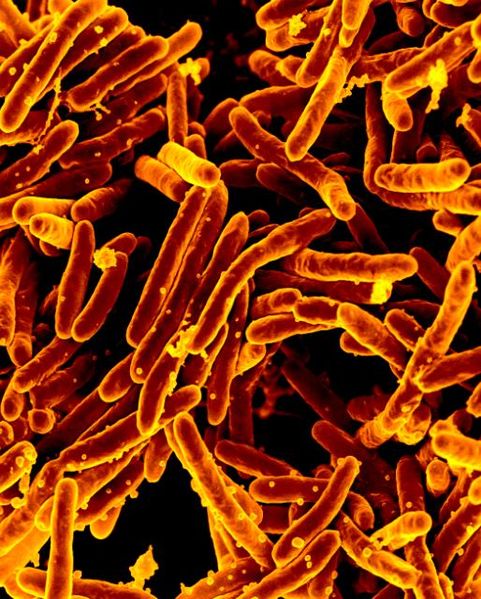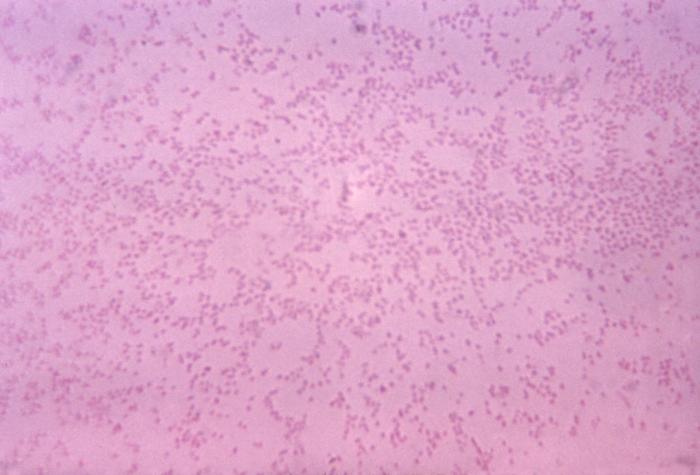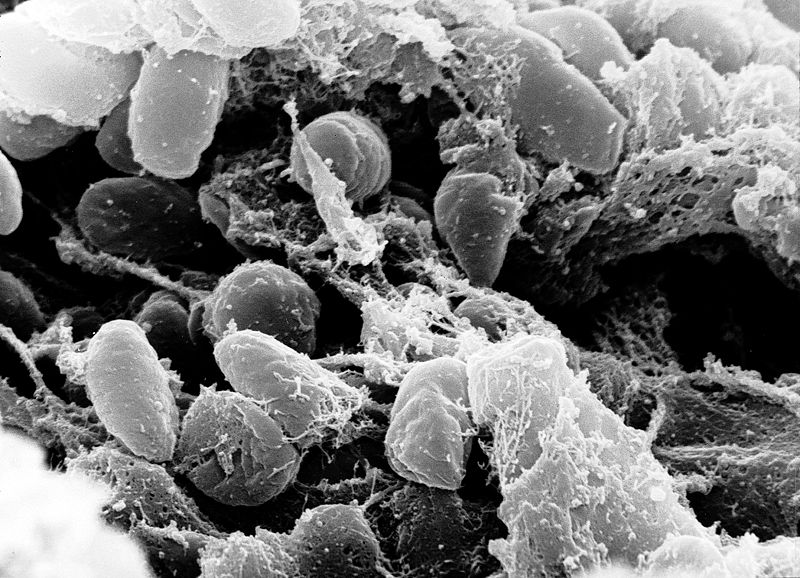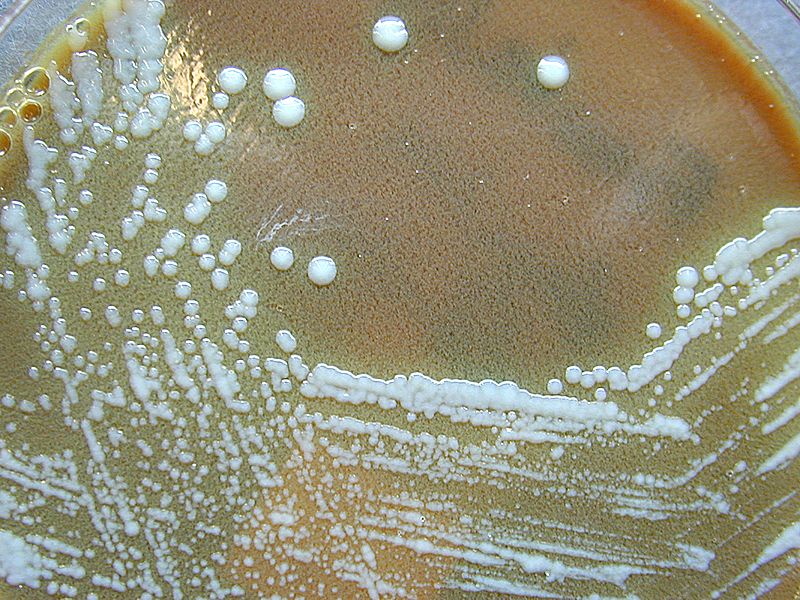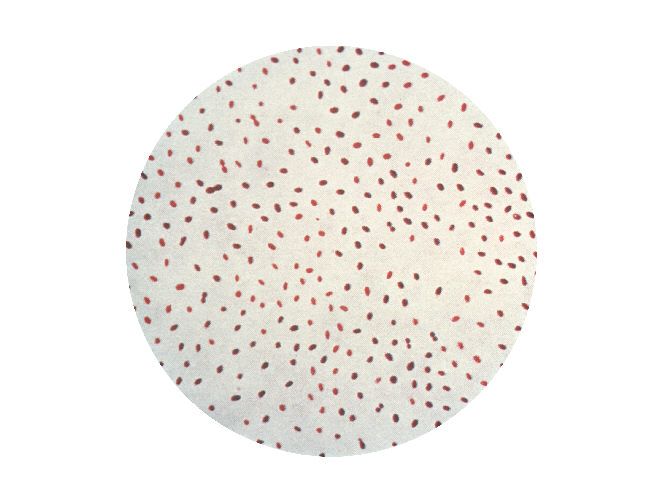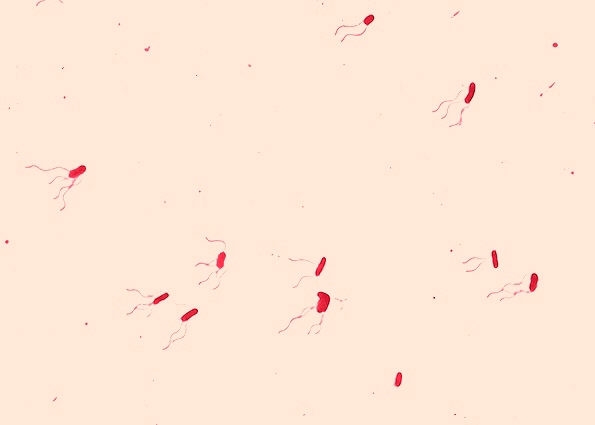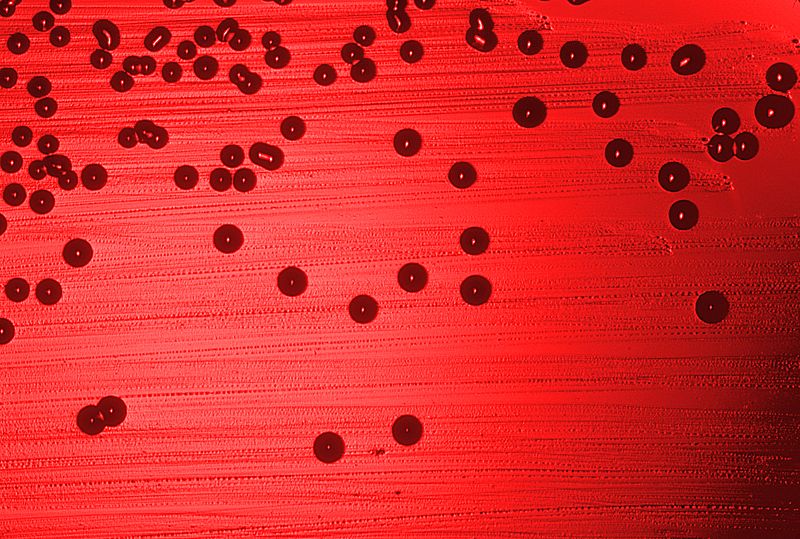Mycobacterium leprae is an acid fast bacillus, non motile, non spore forming, straight or slightly curved bacterium, responsible for causing … Read More »
Atypical Mycobacteria
Atypical mycobacteria are also known as non-tuberculous mycobacteria, environmental mycobacteria or mycobacteria other than tuberculosis (MOTT). They are characterized as … Read More »
Mycobacterium Tuberculosis
Mycobacterium tuberculosis is a non-motile, non-spore forming, non-encapsulated obligate aerobe. Under microscope, acid fast rods are observed. Pathogenesis: Transmission: Person … Read More »
Pasteurella Multocida
Pasteurella multocida is a gram negative coccobacillus, which is non-motile and pencillin sensitive, responsible for causing zoonotic infections. Transmission: Pasteurella … Read More »
Yersinia
Yersinia are short, encapsulated, non motile gram negative rods. Transmission: Humans are the accidental hosts (bitten by a flea that … Read More »
Francisella Tularensis
Francisella tularensis is a species of gram negative rods, which are non motile, non-spore forming aerobic bacteria, responsible for causing … Read More »
Brucella
Brucella is a genus of gram negative, small, non-encapsulated coccobacilli which are strict aerobes. Route of entry Ingestion of contaminated … Read More »
Legionella
Legionella is a genus of facultative anaerobic bacteria, which are gram negative rods. Route of entry • Airborne droplets but … Read More »
Bordetella
Bordetella is a genus of gram negative coccobacilli, which are encapsulated. They are non-motile except B. bronchiseptica and are obligate … Read More »
Haemophilus Influenzae
Haemophilus influenzae is a gram negative coccobacillus (short rod), which is non-motile, capsular and ong thread-like and pleomorphic in CSF … Read More »
 howMed Know Yourself
howMed Know Yourself
